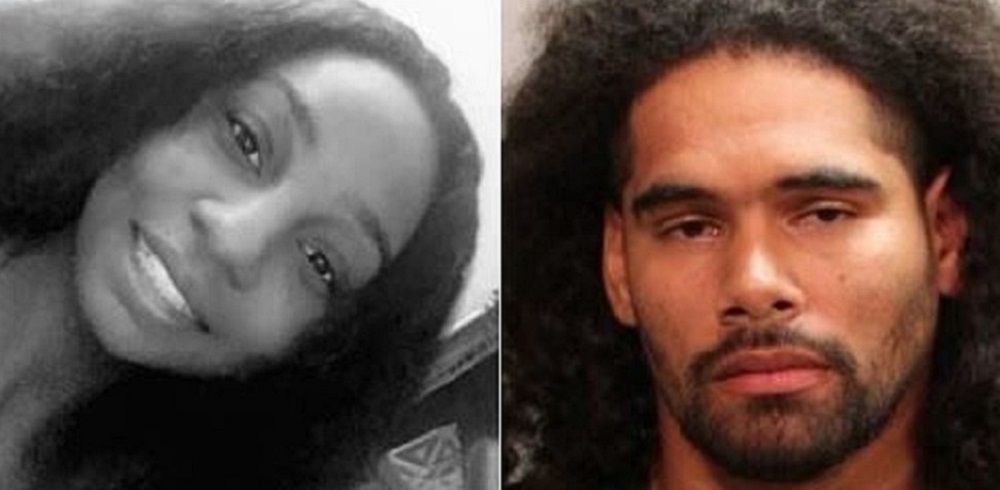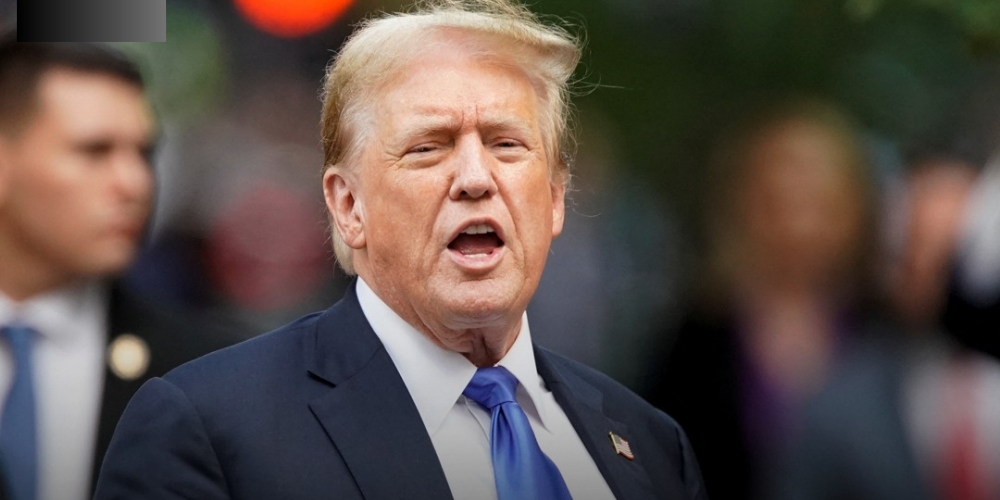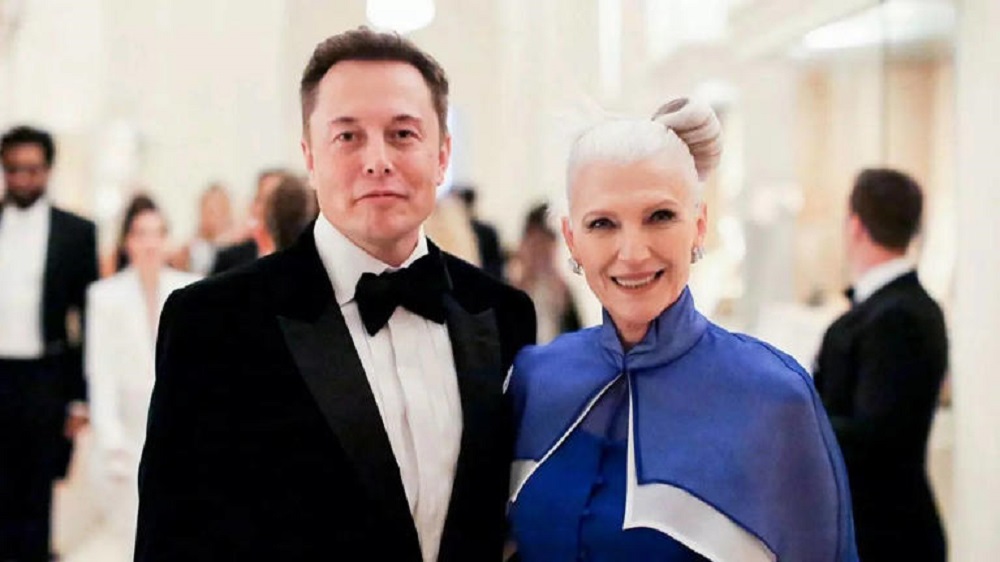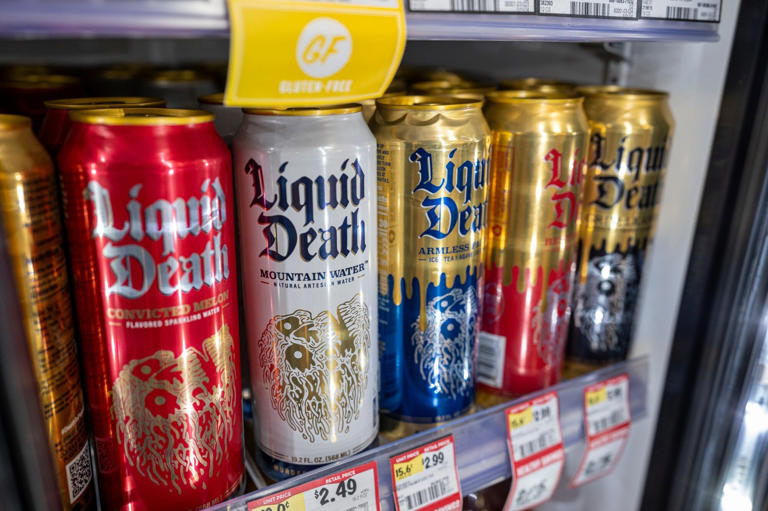The results of the Iowa caucuses have painted a clear picture: former President Donald Trump has emerged victorious with a commanding 51% of the vote. However, despite this significant win, a segment of Trump's supporters have raised unfounded conspiracy theories, particularly focusing on the outcome in Johnson County, where Nikki Haley narrowly edged out Trump by a single vote.
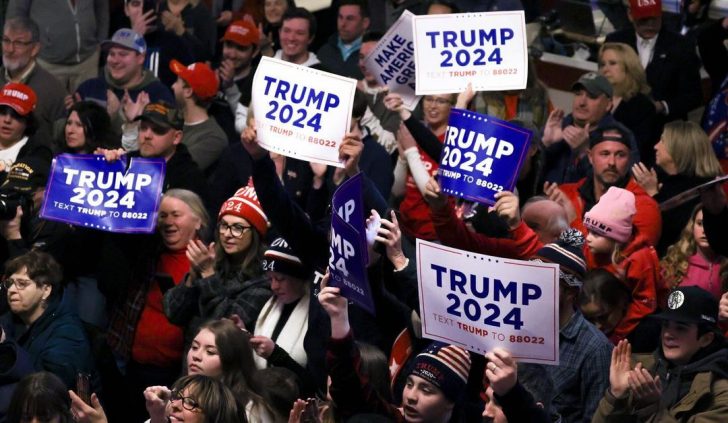
Trump / IG / Despite Trump’s staggering 51% votes, some Democrat shenanigans are still taking the outcome with a grain of salt.
Trump's victory in Iowa was a substantial one, far outstripping his nearest rivals: Florida Governor Ron DeSantis at 21% and Nikki Haley at 19%. So, this should have been an unequivocal success story for the Trump campaign. Yet, the reaction from some quarters has been anything but celebratory.
The Singular Vote in Johnson County
Johnson County, typically a less prominent feature in the caucus narrative, found itself at the center of controversy. On Truth Social, a platform endorsed by Trump, Seth Keshel, a former U.S. Army Captain and a known figure in the election denial movement, raised questions about the validity of the results:
“Haley by one vote in Johnson County screws my prediction of 99/99 to Trump.” This statement sparked a series of conjectures among his followers, with some baselessly asserting that those who voted for Haley were incentivized financially.
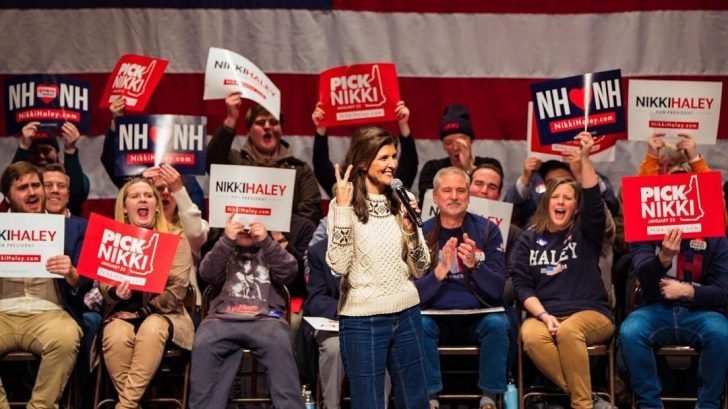
Nikki / IG / Nikki Haley, the former UN Ambassador, won in Johnson County by just one vote. Something that pro-Trump supporters can hardly digest.
The allegations circulating in the aftermath of the Iowa caucuses bear a striking resemblance to the claims made following the 2020 presidential election. Platforms like Truth Social, known for their far-right user base and links to the organization of the Capitol riot on January 6, echoed similar sentiments. Users on these platforms accused the single-vote margin in Johnson County of being a calculated move to bolster Haley's position in the race, despite lacking any substantive evidence.
Persistent Mistrust in the Electoral Process
The unfounded allegations regarding the Iowa caucus results highlight a continued trend of mistrust in the electoral process among a faction of Trump supporters. Thus, this skepticism, rooted in the aftermath of the 2020 election loss, seems to be gaining momentum as the primary season kicks off.
So, the spread of such baseless conspiracy theories not only challenges the unity within the Republican Party but also casts a long shadow over the sanctity of the democratic process in America.
The Implications for the Republican Party
As the primary season gains pace, the Republican Party faces the daunting task of navigating through a landscape marred by misinformation and conspiracy theories. The persistence of these unfounded claims threatens to fracture the party's base and could potentially impede its efforts in presenting a united front for the upcoming presidential elections.
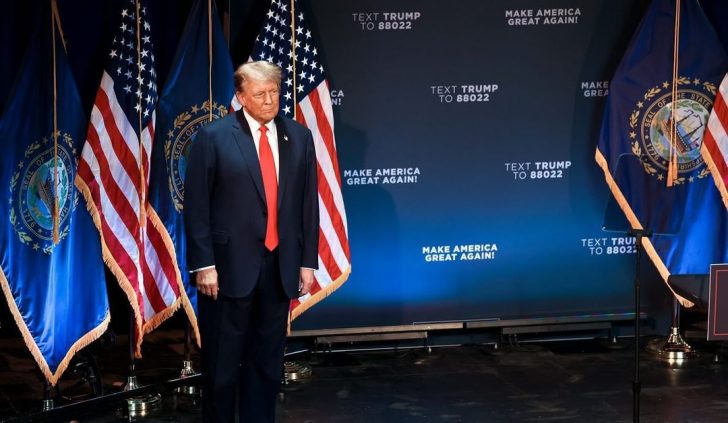
Trump / IG / The central challenge for the Republican Party and Trump’s campaign moving forward is addressing the disconnect between the factual results of the caucuses. Plus, the unsubstantiated beliefs held by a portion of their base.
Thus, ensuring that internal discourse is grounded in reality and not swayed by baseless allegations will be crucial in the lead-up to the presidential election.
Looking Forward
The spread of conspiracy theories in the wake of Trump's victory in the Iowa caucuses poses significant questions about the upcoming presidential race. How the Republican Party and Trump’s campaign team manage these internal conflicts and confront the misinformation could significantly influence their strategy and public perception as the race for the presidency intensifies.

